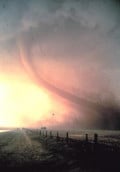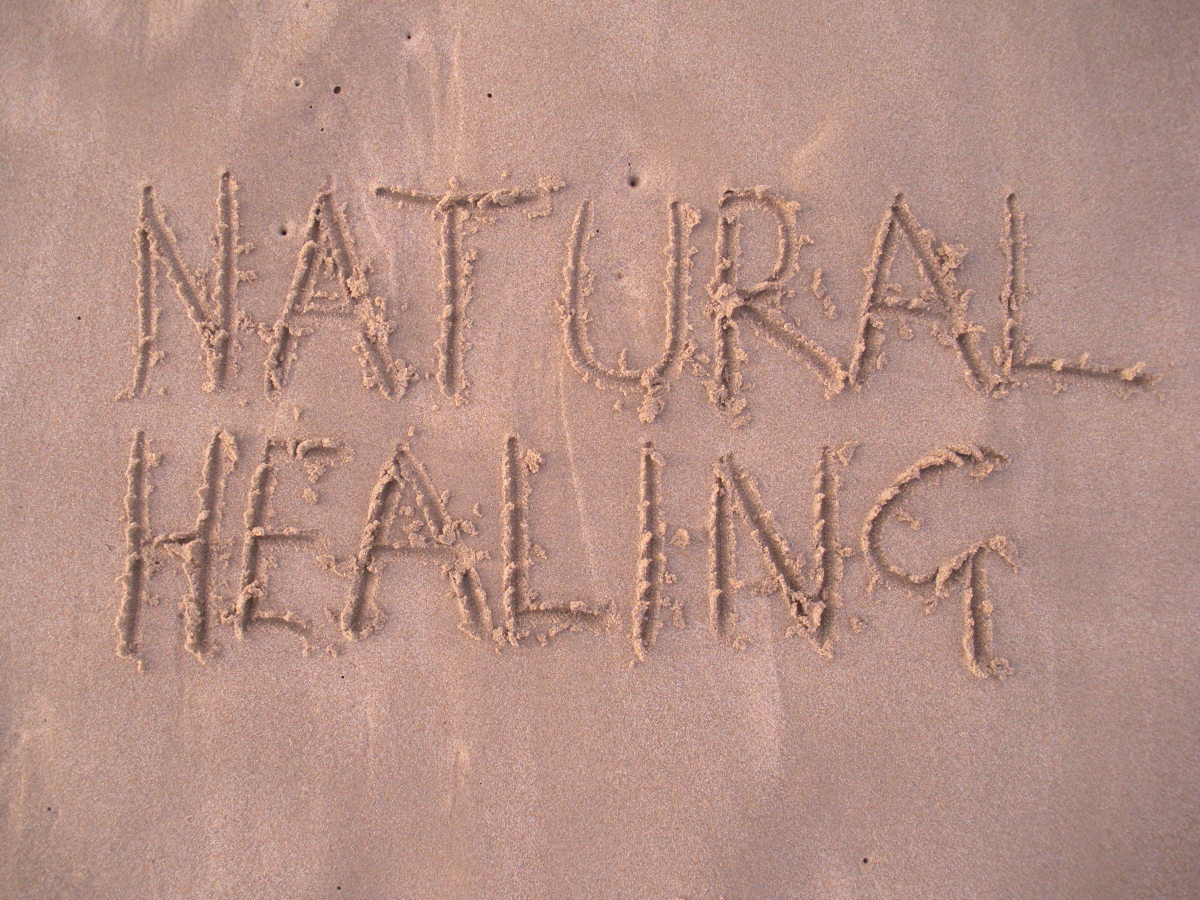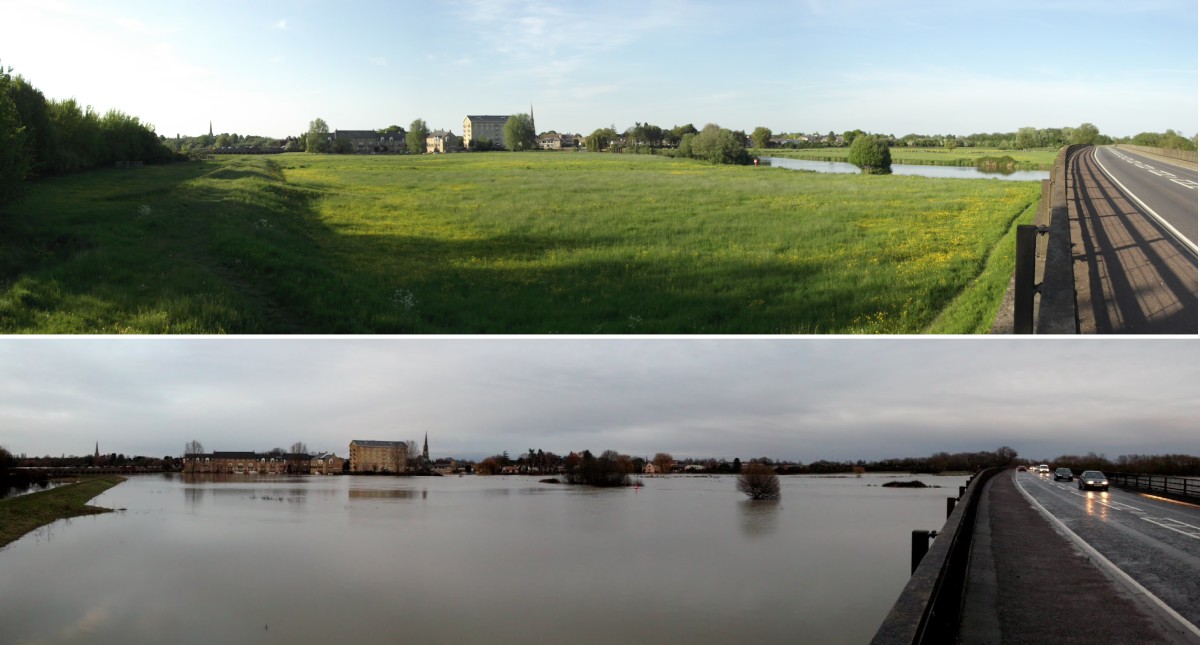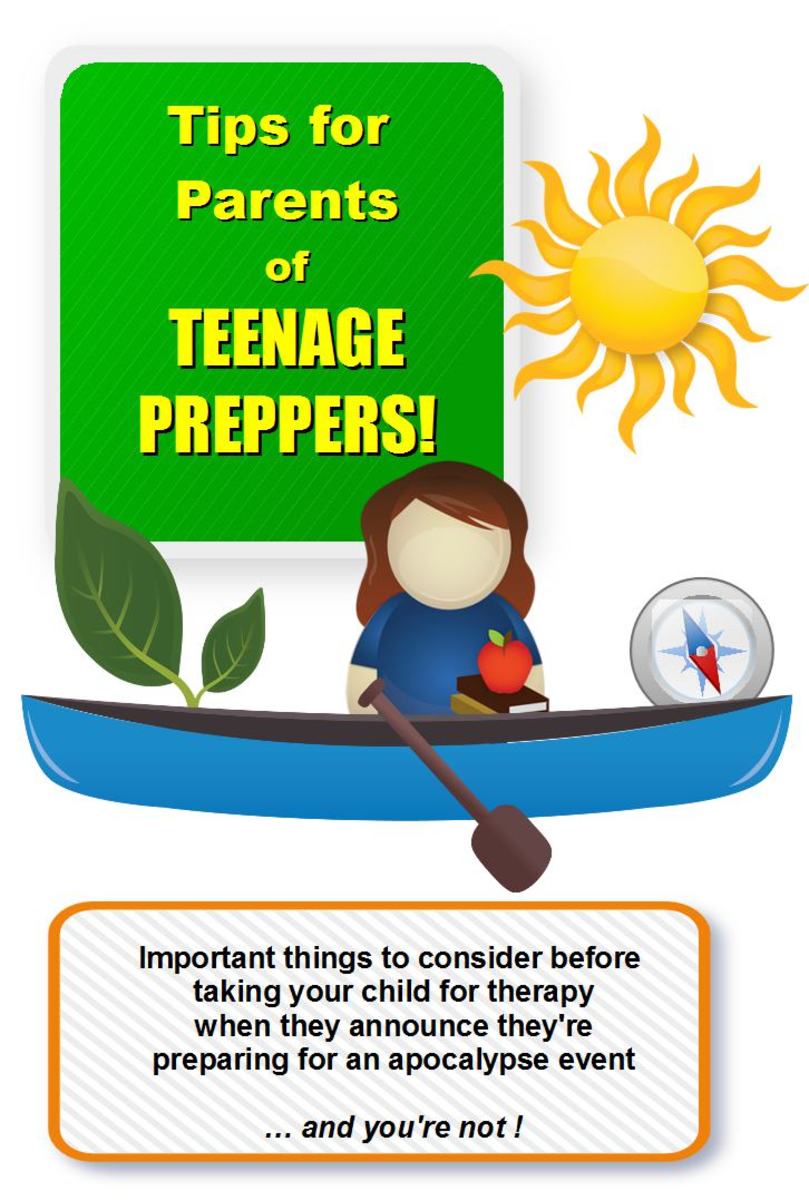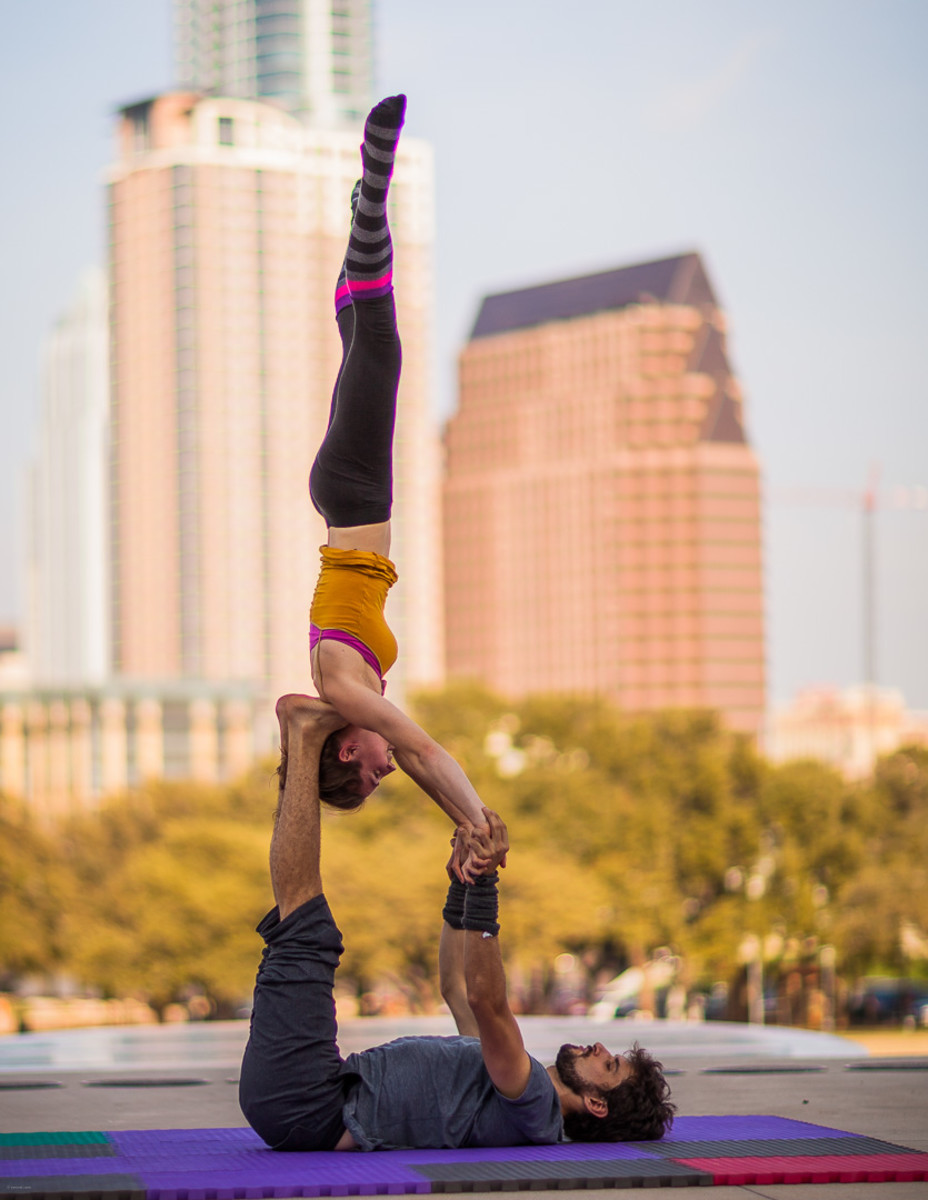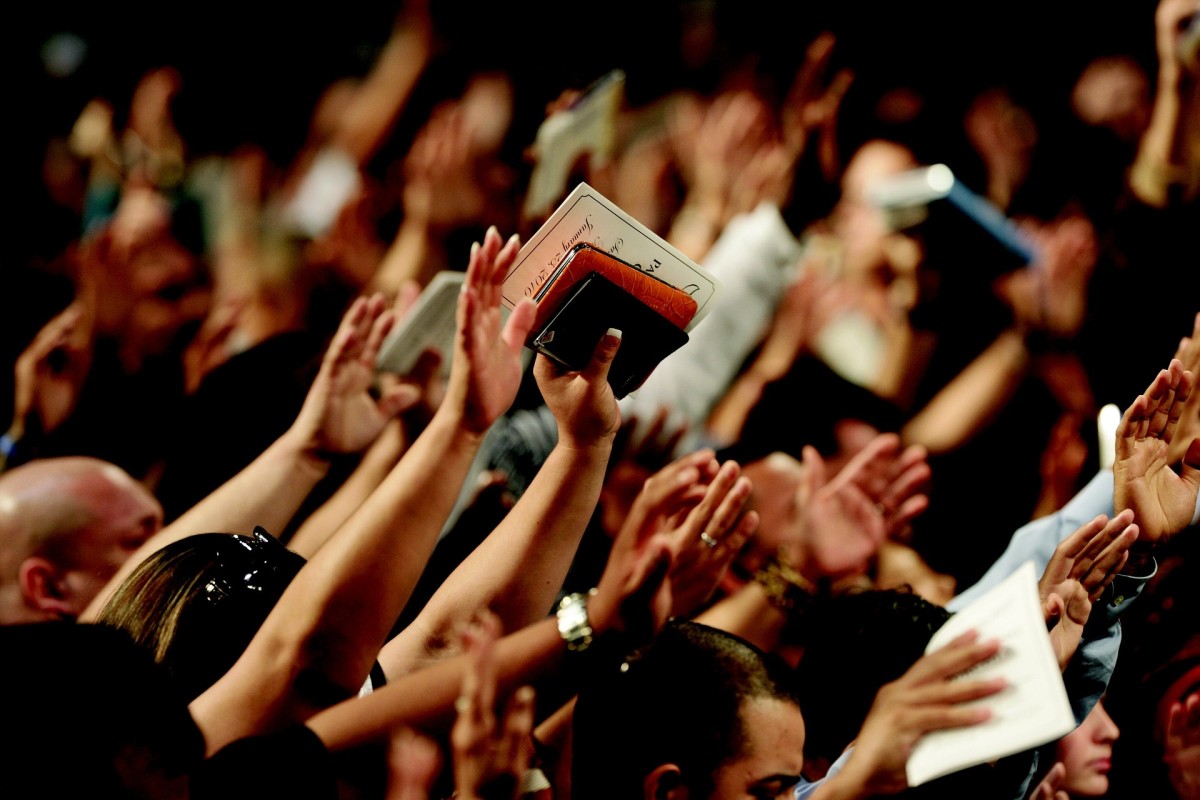What is looting and when is it valid
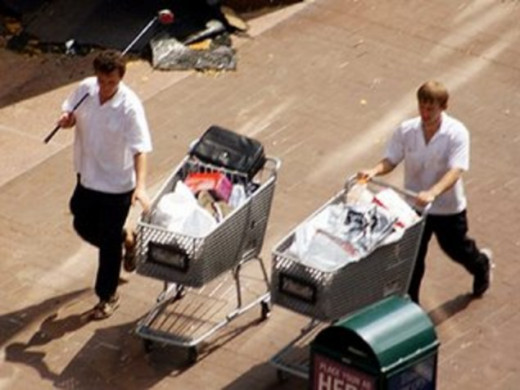
Hurricane Katrina
What is Looting?
Looting has been used to identify African American acting out of necessities under extreme conditions where the items taken would have been useless after the flood. We say that theft is theft regardless the condition when theft is described as taking the belonging of someone whose item has not been loss.
Looting is only valid when order can be restored, when it is not; we say we are in a state of survival of the fittest for the reason being that if order cannot be restored than there is no law that can oblige our activities. However, in cases when looting is valid the people who are looting must not have done it because they are taking food, but only because it is a temporary state of chaos, and they are taking resalable items that are at no risk of being affected by the natural disaster, which mean these items would have been usable after the natural disaster .
A person who has taken an item such as a television in a disaster area which after the floor would have been useless to the owner is not a condition of looting if the owner left this item behind for the natural disaster.
It is very much like the wild fires happening now, if we were certain that a certain house was going to catch fire, the owner would pack all the important belongings, and leave the rest behind for the wild fire. After the owner left, the person who has rescued a few items from that house before it is burn to the ground if successful did not loot that house because to the owner the items that were left behind were considered loss property.
For that reason we can ask under what circumstances would a television be useful after a flood. It is a common belief that if 90,000 acres of lands had been ravaged with a destruction of 300,000 homes, than common sense tells us that any items taking from these homes would have been damaged had they stayed behind. The moral principle state that men should not steal when theft is valid. But in the case of Katrina what we classified as theft for the most part was not theft. People were taking possession of items that would have been loss and useless after the flood.
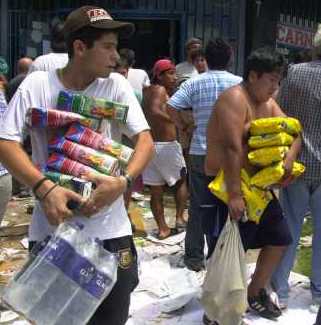
However, in the case of Katrina looting would have been valid had the people who were taking resalable items took possession of items that were at no risk of being affected by the flood nor should the items looted be of a survival item such as food. In a state of natural disaster, people do not move towards the disaster they move away from it. Thus, you are more likely to have people looting food in areas that are at no risk of being affected by the natural disaster for the simple fact that they may be out of cash, and can’t go back home because of the natural disaster.
If the item is at no risk of being damage by the flood, the owner may reuse that item after the flood, but at the same time that item must not have been classified as a survival item that is usable after the flood. If the item is at no risk of being affected by the flood so is the person within the area that is not affected. In this particular case the only reason why you'll have people who are not affected by the flood venturing into affected areas is to save lives, any other reason at this point becomes questionable.
Whereas those whose areas have been affected by the flood should have been welcome to venture into none affected areas, the opposite is less likely. At this point residence in none-affected areas should have welcomed those whose homes have been flooded.
A Riot is not a natural disaster. The risk that businesses face during a riot is vandalism which is caused by deliberate destruction due to human activities, whereas during a natural disaster like Hurricane Katrina, the damages are caused by the velocity of the wind and flood, not human activities. Theft is to take the belonging of someone whose item has not been loss.
For example: If David loss his wallet he doesn't expect to get it back so he called and cancel his credit cards. Two days later if Jane found David wallet, Jane can choose to return the wallet to David, this would be the appropriate action for Jane to take, but what if Jane decide to take the money found in the wallet, mail back the wallet with all the credit cards and licenses. Can we truly say that Jane steal David money, technically not because David didn't expect to get that wallet back. Plus Jane can justify her action by saying to David that she didn't find any money in the wallet.
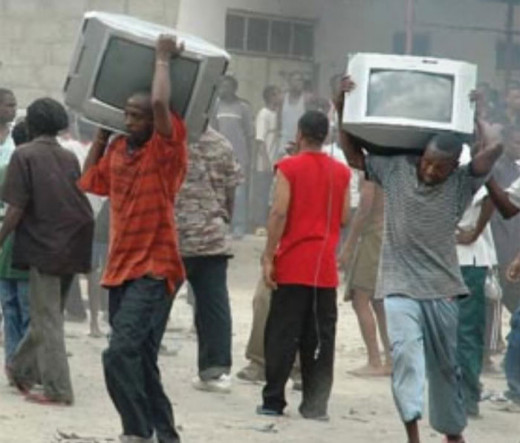
Let us consider now the case of Hurricane Katrina. The home owners, the businesses that had been flooded, for the most part were total loss. Especially within the locations that were considered disastrous, most of the owners left before the flood arrived. Now, consider Jane whose property has been damage, and on her way to safety she got a blanket from a vacant home or consider the guy who took the TV.
The owner did not expect the TV to survive the flood because he left it there instead of taking it with him. Therefore, the guy who took that TV is taking possession of a loss item because the owner did not expect the TV to survive the flood. That blanket or the TV could have been retrieved miles away from the home, because remember this is a flood, and items are moving around. Therefore, theft is only valid when the belonging taken has not yet been loss.
On a different note, if we can think about the use of a television during a natural disaster. As to what a television can serve those at desperate need in terms of information, news, to know about how the Katrina situation is developing, then we'll understand why a citizen taking a television during a natural disaster is also part of the survival kit which make it a valuable item under these extreme measures.
No ATM machines No cash - No cash checking places No cash - No register clerks No sale:
We can't have a situation where all ATM machines have been submerged under water; people have no access to cash and still expect people to pay for food and blankets. Where are they going to get the money from? At this point even a TV seems justify because people wants to listen to the news so that they know what's happening.
People took Nike Sneakers because it’s a flood, they have displaced all their belongings, shoes and clothing during the flood, the only thing they have left that belong to them is whatever they have on their back. For that reason, to say that it is plainly stealing is to not have to good comprehension of a natural disaster especially in the case of Hurricane Katrina.
Here is a definition of theft- "In common usage, theft is the taking of another person's propertywithout that person's permission or consent with the intent to deprive the rightful owner of it."
According to this definition, in the case of Katrina if an item would have been useless after a flood, leaving it behind in an area that was classified as a disaster indicate that this item was considered "loss" from the owners perspective. In that sense, the person who saves that item from the flood made no intent to deprive the rightful owner of his property. Therefore, the permission to take possession of the loss property had been initiated by the owner's intent which provoked this act by leaving the item behind for the flood to destroy.

